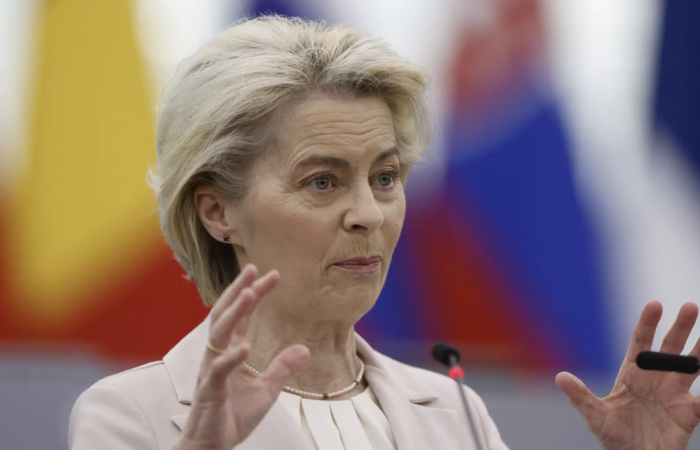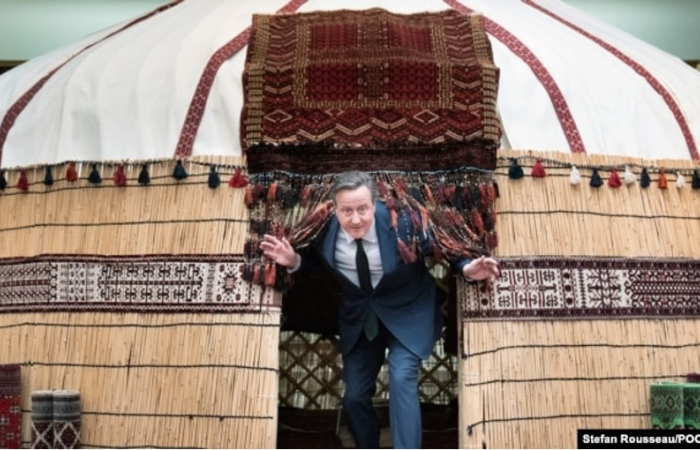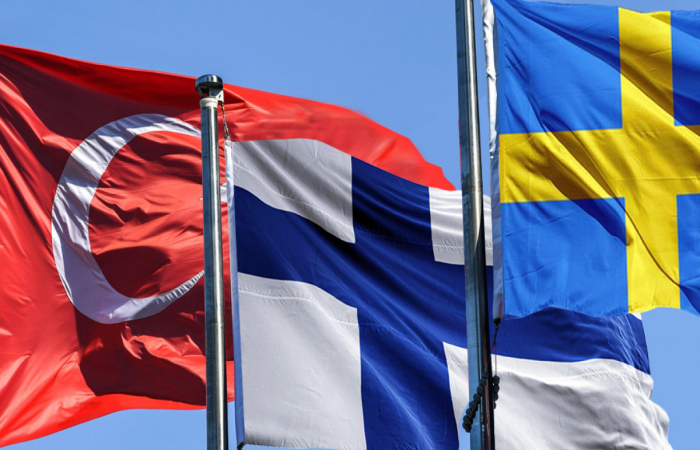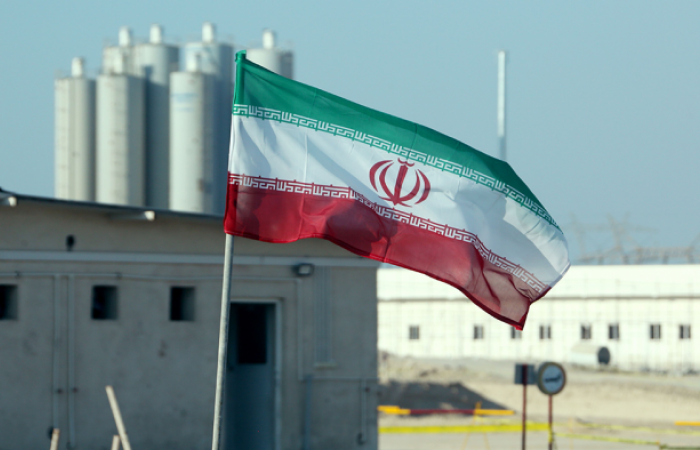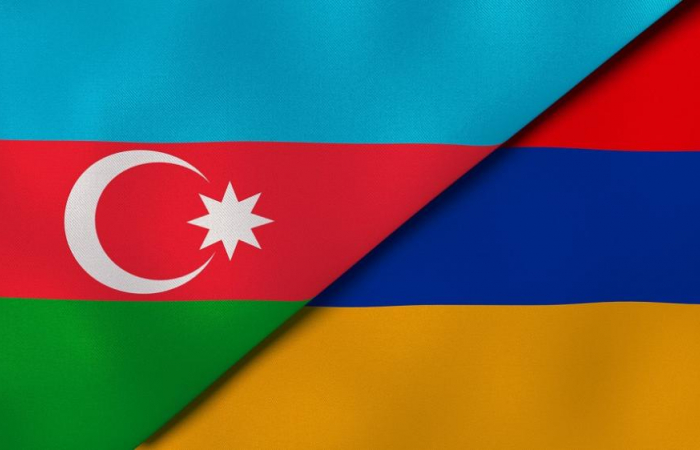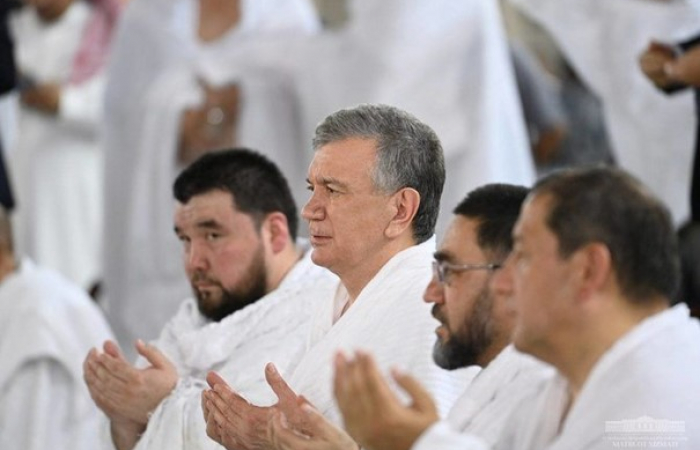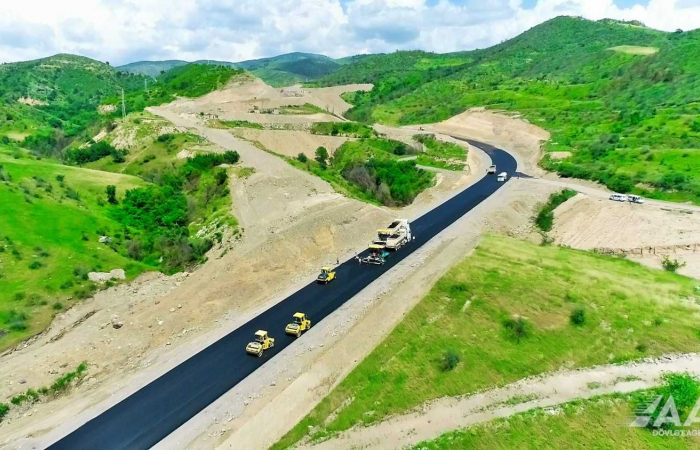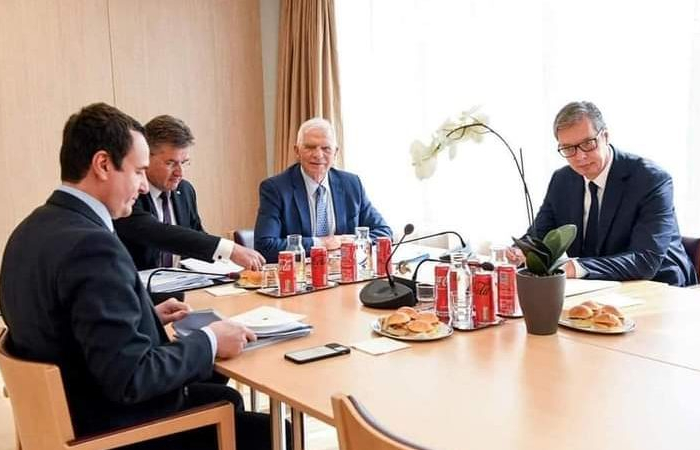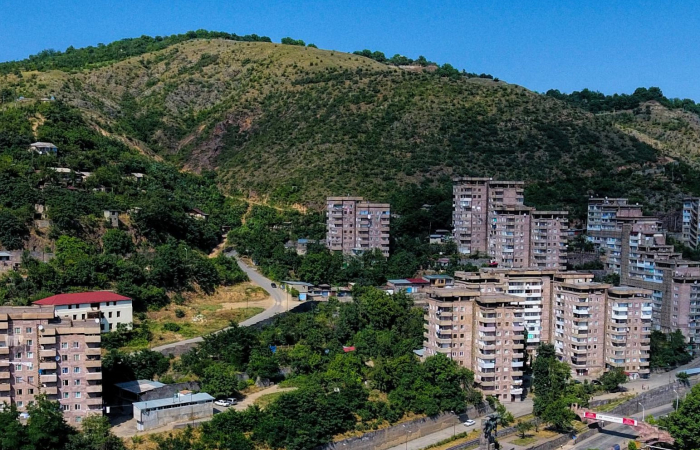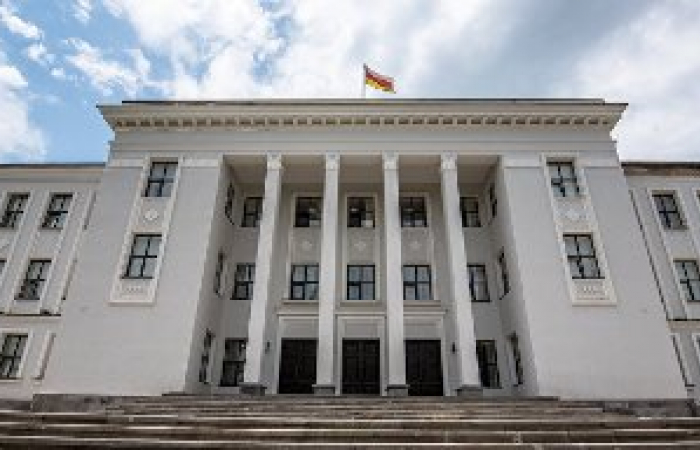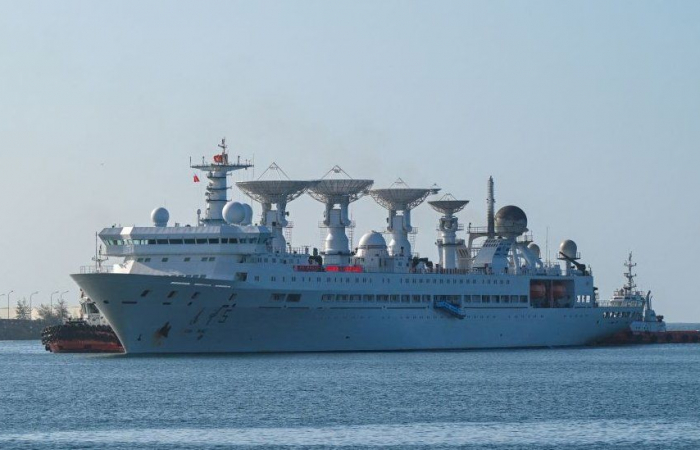Editor's choice
This is a members’ functionality. Please
Sign upNews
Trending
Impasse in the dialogue between Serbia and Kosovo
19 August 2022
High level talks between Serbia and Kosovo, facilitated by the European Union, have failed to unblock the impasse between them. EU High Representative Josep Borrell hosted the talks between Serbian President Aleksandar Vučić and Kosovo Prime Minister Albin Kurti in Belgrade on Thursday, 18 August.
Kosovo declared independence unilaterally from Serbia in 2008, after a long period of tension with Belgrade which had already emerged during the time of Yugoslavia.
Serbia still considers Kosovo an integral part of its territory. Around a hundred countries, including most EU member states, recognise Kosovo's independence.
Kosovo has a population of 1.8 million population, which is 90% ethnic Albanian. However 5% are Serbs, and it is the rights of this community that are the present stumbling block, but it is also recognised that differences are more substantial and wide-ranging.
A clearly disappointed EU High Representative told the media after the event that the immediate objective of the talks had failed, but that both sides agreed to keep talking.



